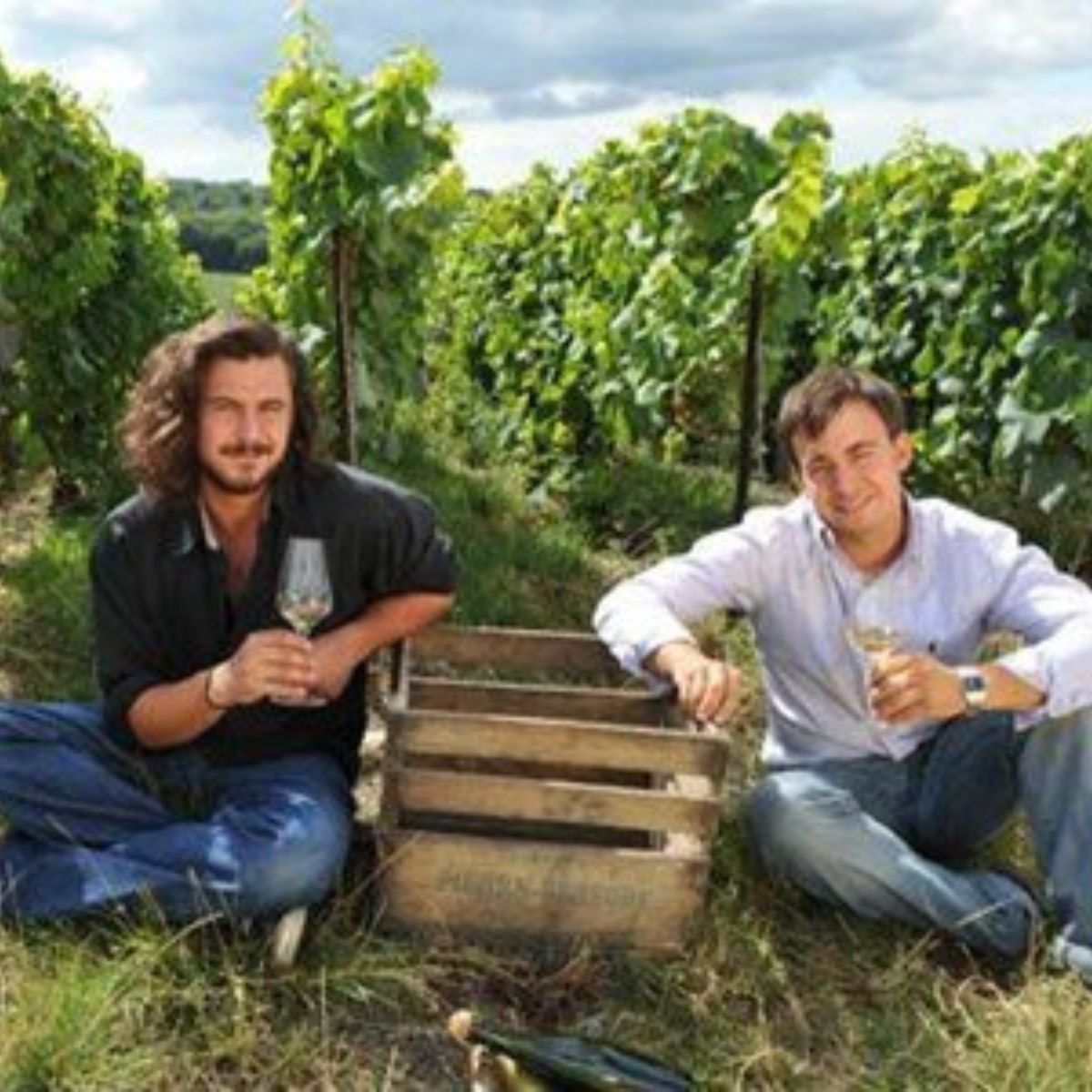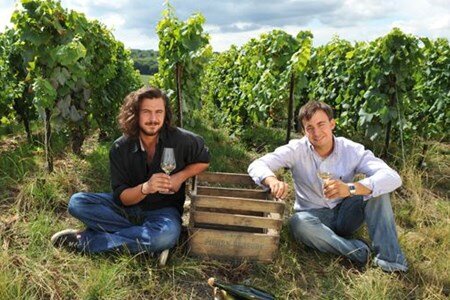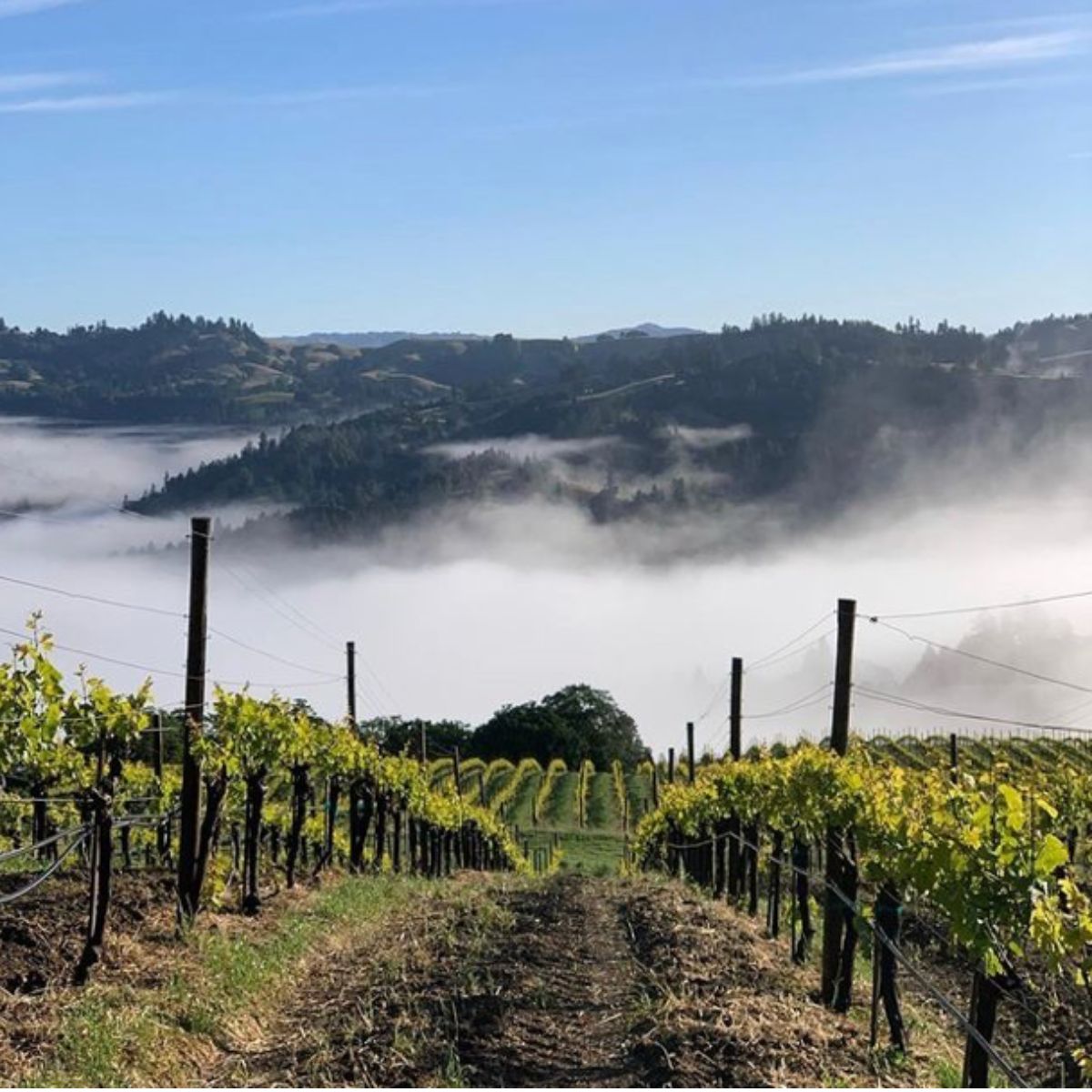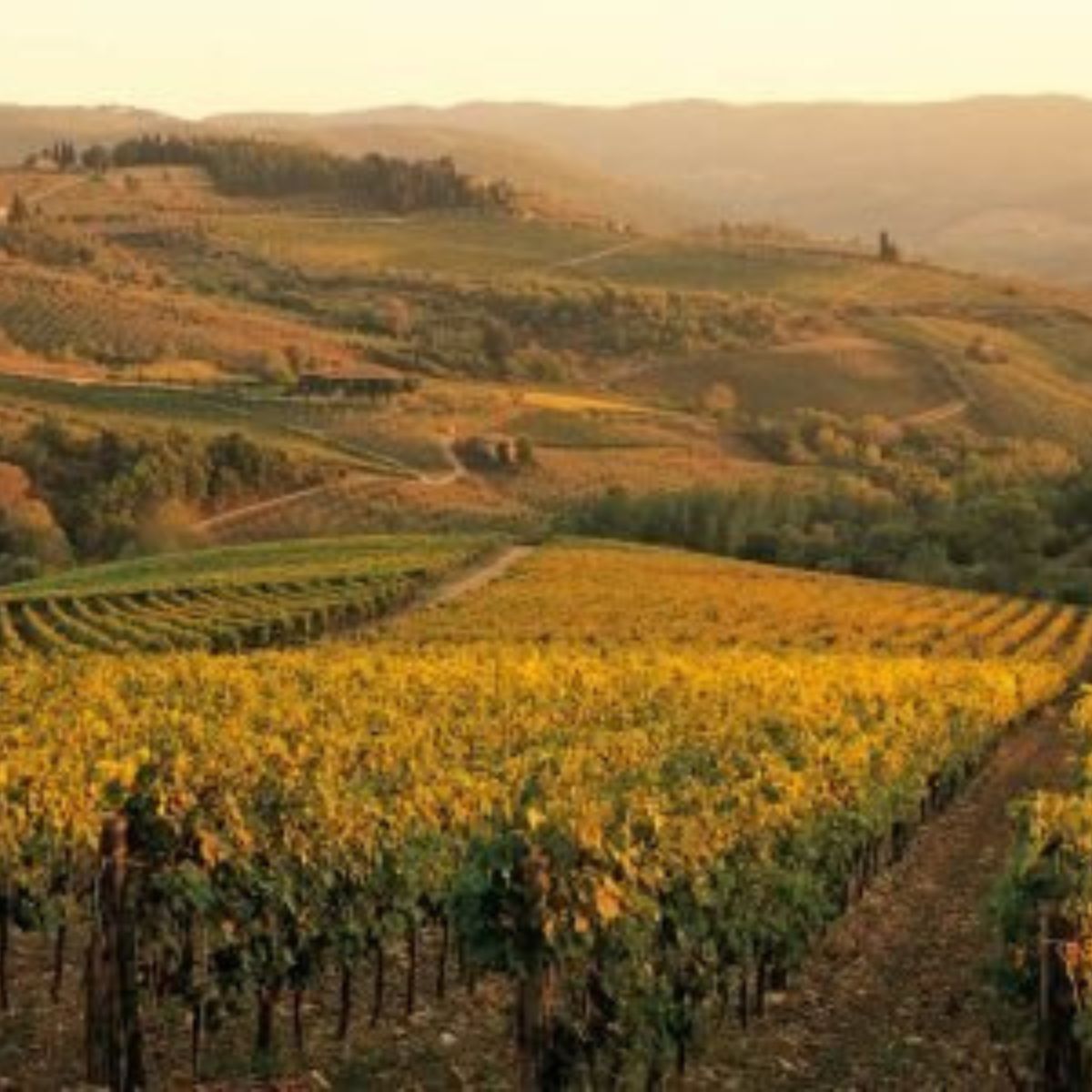TWO OF CHAMPAGNE’S RISING STARS, RAPHAËL AND VINCENT BÉRÊCHE HAVE BEEN WORKING ALONGSIDE THEIR FATHER JEAN-PIERRE AT THEIR NINE-HECTARE ESTATE OF BÉRÊCHE ET FILS SINCE 2004, AND TODAY THEY ARE PUTTING AN INCREASINGLY PERSONAL STAMP ON THIS THOUGHTFULLY-RUN DOMAINE.
The Bérêche estate owns vines in several different sectors of Champagne, with the three primary areas being the immediate vicinity around Ludes and Craon de Ludes, the gravelly terroir of Ormes in the Petite Montagne, and the area around Mareuil-le-Port, on the left bank of the Vallée de la Marne. A small parcel is also found in Trépail, in the eastern Montagne de Reims. Most recently, the estate has acquired its first grand cru vineyard in 2012, a tiny, 15-are parcel in the village of Mailly.
The estate's vineyards are planted with roughly equal parts of the three varieties, and increasing attention is being paid to natural viticulture—Bérêche completely stopped using chemical herbicides in 2004 and has planted cover crops in all of the vineyards, and since 2007 a portion of the vineyard is being converted to biodynamics.
Sharp-eyed observers will note that beginning in 2013, Bérêche has changed its status from RM (récoltant-manipulant) to NM (négociant-manipulant). This was done for two reasons: the first was to augment the production of the Brut Réserve by about 15 to 20 percent, selecting grapes from three trusted growers in the villages of Ludes, Maily and Rilly-la-Montagne. These grapes will be used exclusively for the Brut Réserve, and the rest of Bérêche's wines remain entirely estate-grown. The second reason was the creation of a négociant range called Crus Sélectionnés, released under the label Raphaël et Vincent Bérêche. These are wines selected from various sources across the Champagne region, designed to illustrate and reflect their respective terroirs, with the first series of wines to be released in 2014.
At Bérêche, vinification tends towards the traditional: parcels are vinified separately, with natural yeasts used for smaller tanks and selected yeasts for larger ones. The family has slowly been increasing the percentage of oak used in the cellar, and today about three-quarters of the production is vinified in barrel. The malolactic is systematically avoided, and the wines are bottled around May, without filtration and with a natural cold-settling, achieved by opening all of the cellar’s windows and waiting for three days. Disgorging is still done entirely by hand, and unlike many growers who are embracing the idea of concentrated must for the dosage, Bérèche adamantly prefers a traditional liqueur.
Recently the Bérêches have begun to work more with cork for the second fermentation, believing that it results in a wine of more character and complexity. Raphaël’s father was always a firm believer in cork, but it requires a lot of extra work—now that Raphaël and Vincent are working with him at the estate, it’s easier to accomplish. Today, a quarter of the production is bottled with cork instead of capsule, spread over five different cuvées: Les Beaux Regards, Vallée de la Marne Rive Gauche, Le Cran, Reflet d'Antan and the Campania Remensis rosé.




